Of course, I thought. These kids are gay! I was lying on the sofa, quite tired after my first vaccine a few hours earlier, and, in need of something that wouldn’t demand too much of me, I’d put on Pixar‘s latest release, Luca. The two boys at its centre share a physical closeness and intimacy regularly reinforced by touching and hugging. They put all their faith into one another, commented that they like how the other smells, and later when a girl is introduced into their dynamic, jealousy erupts. All this is aided by the fact the two boys share and bond over a secret; they’re both sea monsters who sneak onto shore on Italy’s Amalfi Coast and try to fit in amongst a town that despises sea monsters. If they were to be their authentic selves they would be persecuted, but the two find solace and companionship in each other. Talk about an allegory, right?
I am, by far, not the first person to comment on the subtext here. Twitter has been aflame with questions of the boys’ queerness – much to the annoyance of its director – and The New York Times even referred to another queer Italian romance in titling their own review “Calamari by Your Name”. In fact, since preview images first appeared online in January 2020, comparisons to Luca Guadagnino’s 2017 Oscar winner have been abound, and that was before anyone was even aware of the content. But why?
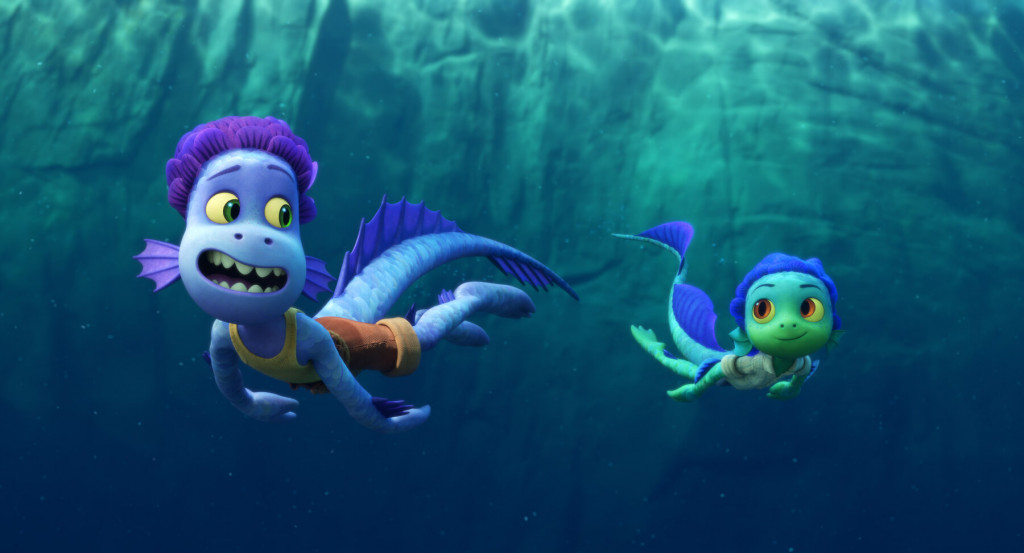
Queer audiences looking for queerness where they are told there is none is nothing new. The ‘queer coding’ within classic cinema has been well documented, specifically in Vito Russo’s seminal book and the subsequent documentary The Celluloid Closet. Over the past few decades, audiences have become hip to how gayness is portrayed on film, often in the margins, feeding into broad stereotypes, and often used for comic effect. In some cases, queer directors and writers, like Gore Vidal or Howard Ashman, would intentionally fuse a queer subtext into their work so that those audiences who shared similar experiences would catch it. Meanwhile, other filmmakers, often straight, would use the tell-tale signs of queerness as harbingers of evil; the cross-dressing buffalo bill in Silence of the Lambs, the gangster obsessed with his phallic walking cane in The Maltase Falcon, or every Disney villain in every animated movie they’ve ever made. What makes Luca different is that a queer reading of the film is supposedly an alternate one, not intended (or even, it would seem, baited) but, seemingly, some kind of coincidence.
A week after watching what I thought to be young love bloom between those two boys, I watched another Disney release on a dreary Sunday afternoon; Raya and the Last Dragon. Early on, Raya meets Namaari, a princess from a rival tribe who is also obsessed with dragons. The two immediately hit it off, and, within seconds, I texted my friend, “The girls in this dragon movie are lesbians, right?” Their connection seemed palpable, and a quick Google found the film’s star, Kelly Marie Tran, agreed with me. Tran told Vanity Fair earlier this year that she interpreted the relationship between the two women as more than platonic. However, she was quick to point out that this wasn’t Disney’s official position.
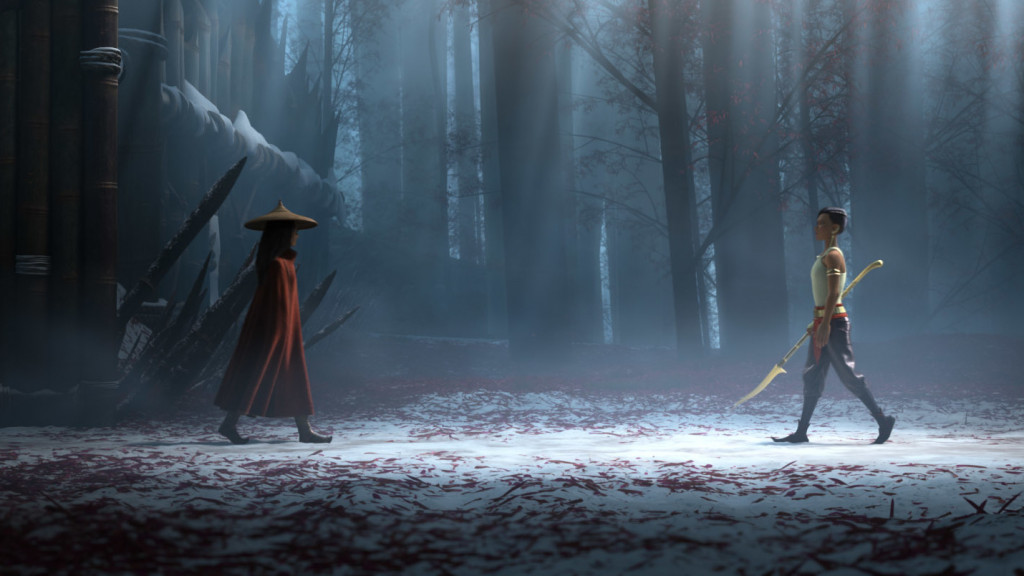
While Tran may have liked the queer reading of her film, other actors seem less keen. During a recent appearance on Variety’s Awards Circuit podcast, The Falcon and the Winter Soldier star Anthony Mackie discussed how he had difficulty with the queer fan theories that came with the show. Instead of letting the heterosexual bromance live unfettered, Mackie thought queer audiences were “exploiting” something as “pure and beautiful” as homosexuality by running away with their crazy ideas that his and Sebastian Stan’s characters were anything more than good buds. While some defended Mackie – who has appeared in a fair amount of queer films and TV shows during his career – others took issue with his position. To what end can he, the actor playing the role, define how his character is read and received by audiences of any type?
It seems essential, now, to consider Roland Barthes in this context. Barthes, a philosopher of the late 20thCentury, thought the author to be “dead” when their work was published. He considered intention to be meaningless in the face of an audience’s interpretation; once the work is in the world, it no longer belongs to one person but to each person that accesses it in their own way. Barthes does away with any sense of authorial privilege and thus gives equal weight to any reading or interpretation of the text. So, to Barthes, to think that Bucky Barnes and Sam Wilson are boning in-between episodes is as valid as Mackie’s assertion that they aren’t – maybe even more so.
Some writers, of course, fly in the face of this. Vladimir Nabokov, who believed wholly that his vision of his work was the only one, is one example, while today, a particular children’s author might be another. Such an author – who, somewhat ironically, I will not name – has spent the years since publishing her wildly successful fantasy franchise holding it with a vicelike grip, repeatedly asserting her authorial privilege as though it were a God-given right. Suddenly, a character that had never been read as gay had, all the while, been a flaming homo right under our unsuspecting noses, and other characters, who could never be read as anything other than white, could have always been black if you, the reader, had not been so closed-minded. To this author, it is you that has been the problem by not seeing the non-existent signs. Instead, they ignore their own wildly poor attempts at diversity with their stereotypical and often offensive names for characters and their anti-Semitic undertones. Still, you, the reader, are the problem. But I digress.
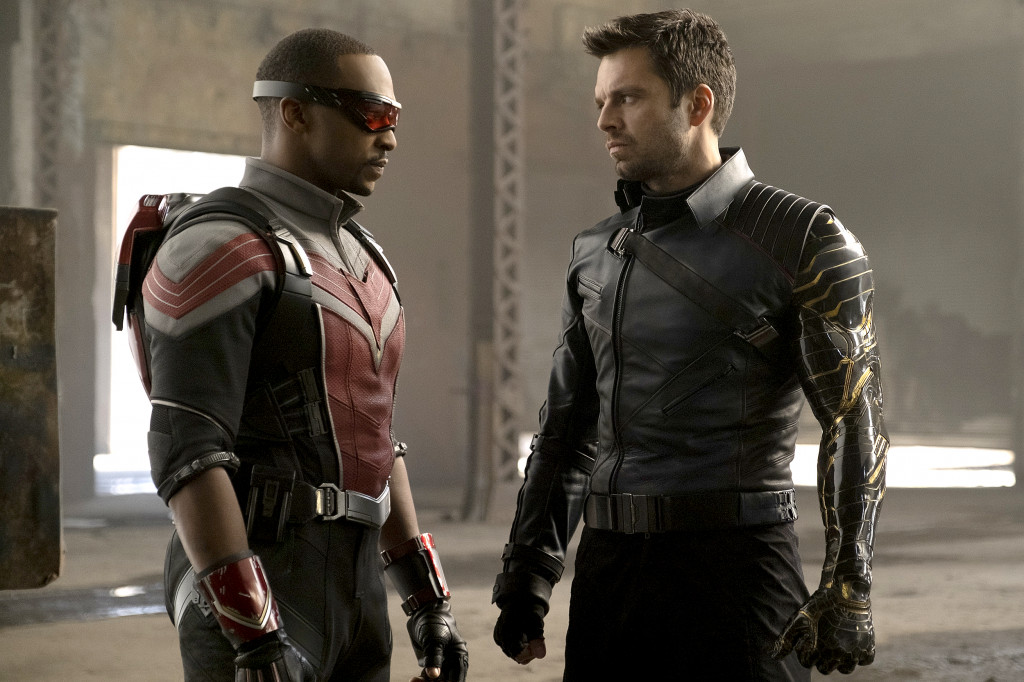
If the author, or the actor, or the producer, or the studio itself has no power to define how an audience interprets a text, then queer audiences, especially, are going to fill that gap. I suppose if the past decade has taught us anything it might be that queer audiences do and will find themselves in places they have not been specifically catered for, whether that is in fanfiction about Star Wars’ Poe and Finn, or in meticulously crafted fan art of Professor X and Magneto, or wild theories about the intimate relationships between boyband members. This type of instance, that “exploitation” of homosexuality, is more of an assertion, an attempt to say that I belong in this space. This Barthian attempt at claiming media that was not made for them, but to assert that their reading is valid and to search for clues to back it up, is an example of a broader cultural problem. Queerness has constantly, and is still constantly, asserting itself because it is – not just in the movies but in almost every facet of society – marginalised to specific accepted areas. The dominant culture has still yet to accept queerness into its lexicon due to the supposedly homophobic and mystical ‘middle-America’, or the concern not to risk the overseas box office, so queerness will nuzzle its way into the dominant culture and plant its flag.
Towards the end of Luca, one of the boys reveals himself to be a sea monster. The other, so scared of the potential backlash from this, does not follow suit, and instead is the first to point and call a sea monster a “sea monster”. The look the two share is heart-breaking; their shared world no longer a haven for the pair; now, it is being used as a battering ram. It seems impossible for queer audiences not to find significance in this moment; the moment a secret is exposed, and you’re left out on a limb. The director may not have intended it, even going so far as to deny it, but the queerness is certainly there.
However, for a director to include illusions to queerness intentionally – well, that’s a different story.
Also Read: How Film Changed Me: On Friendship


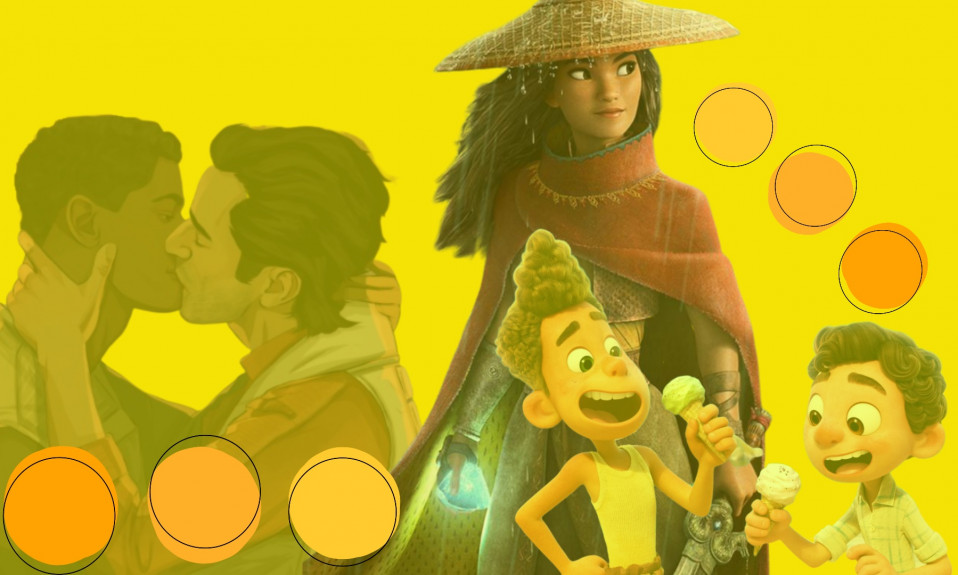

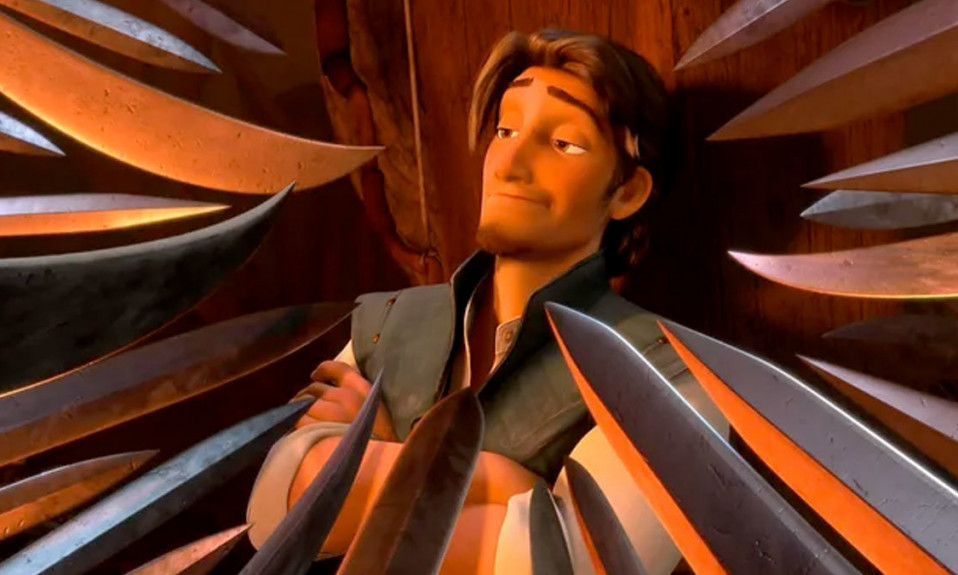
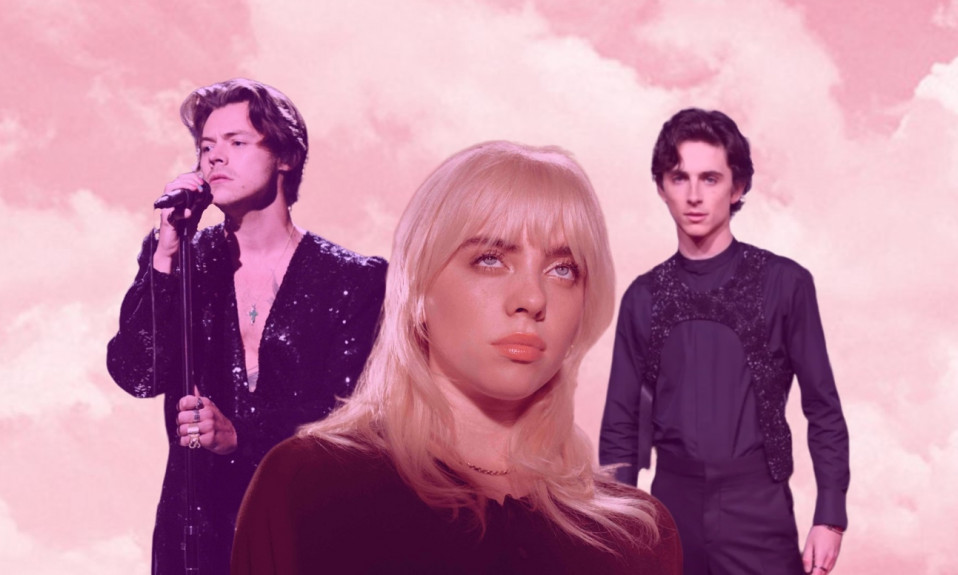








1 Comment
Comments are closed.